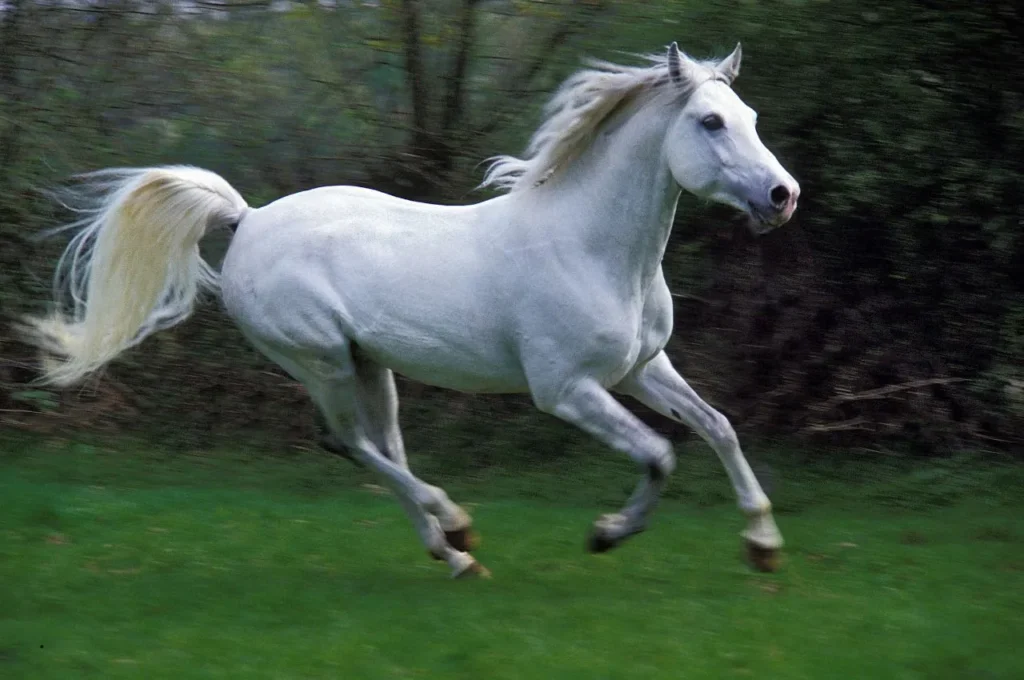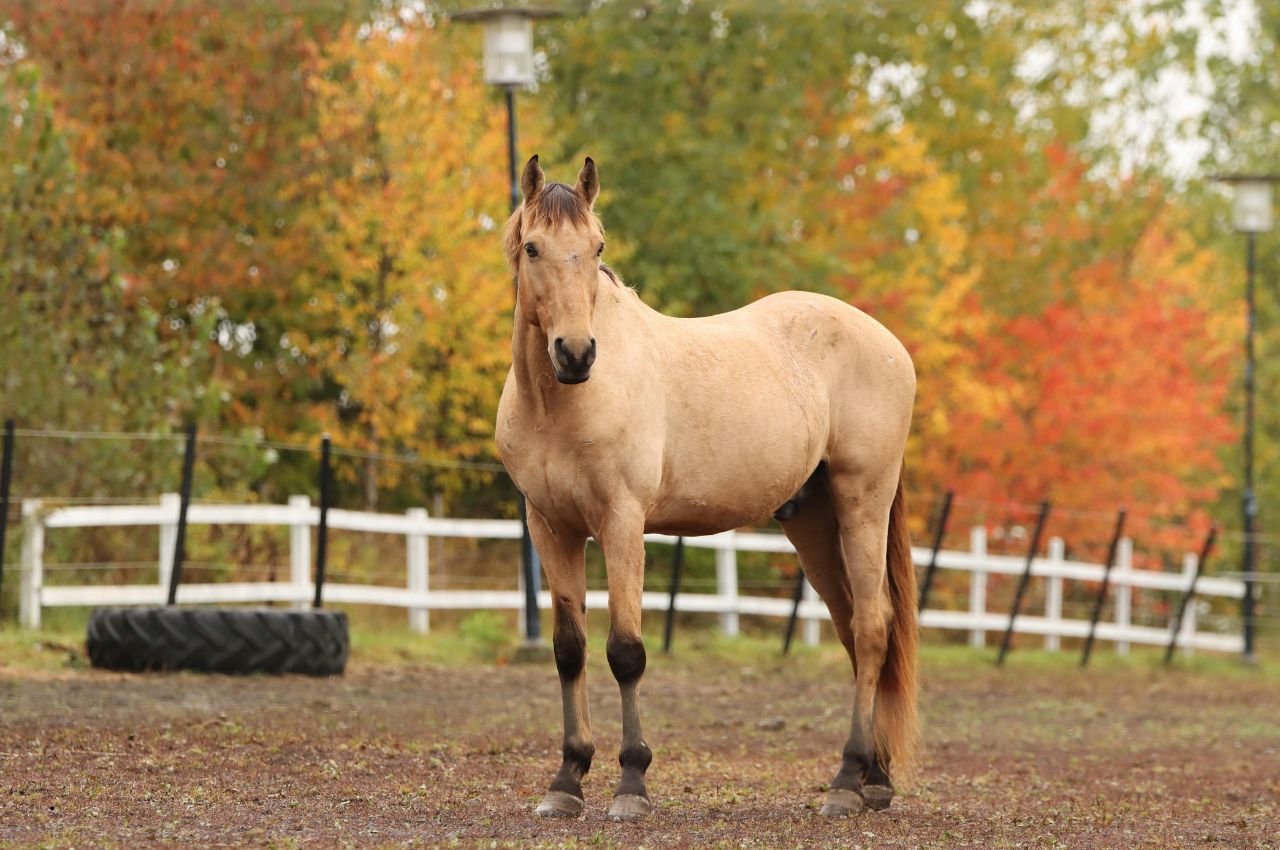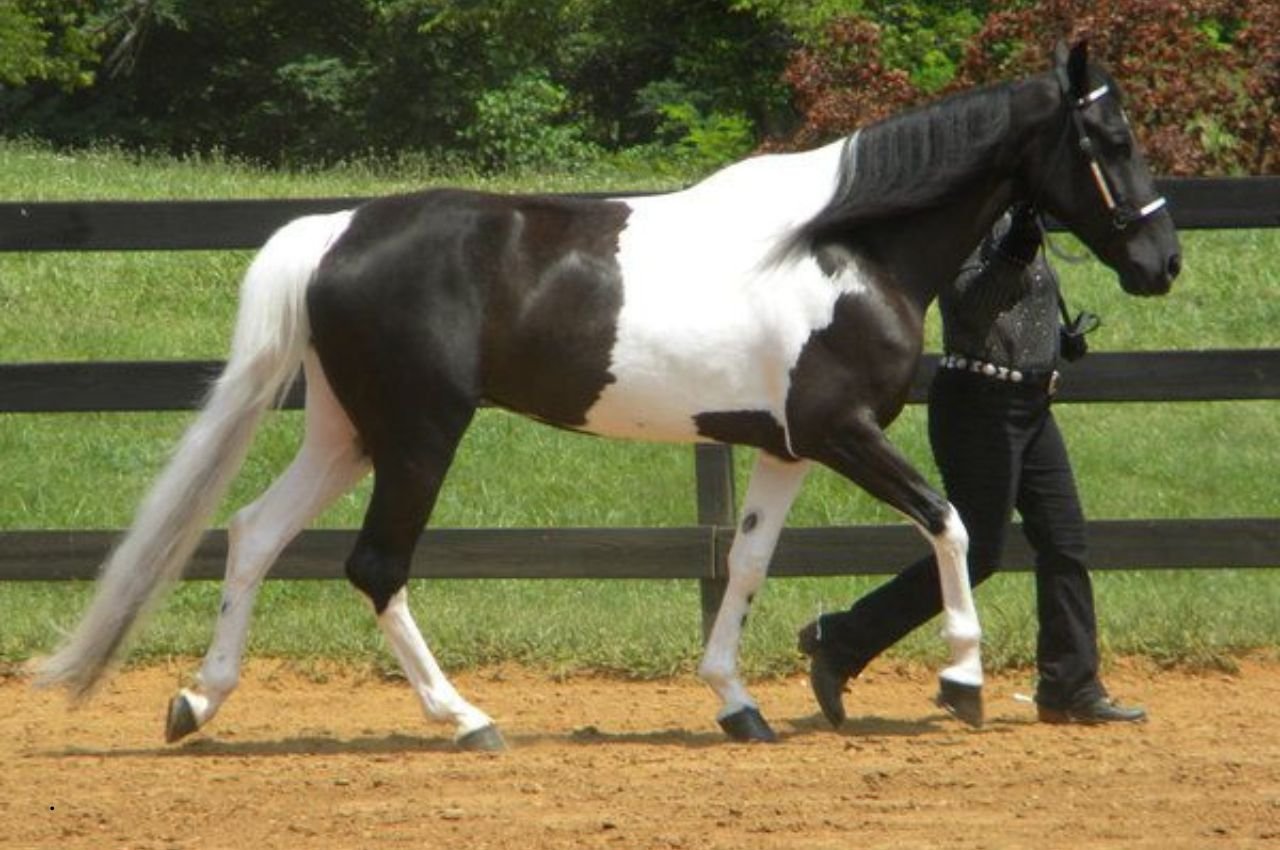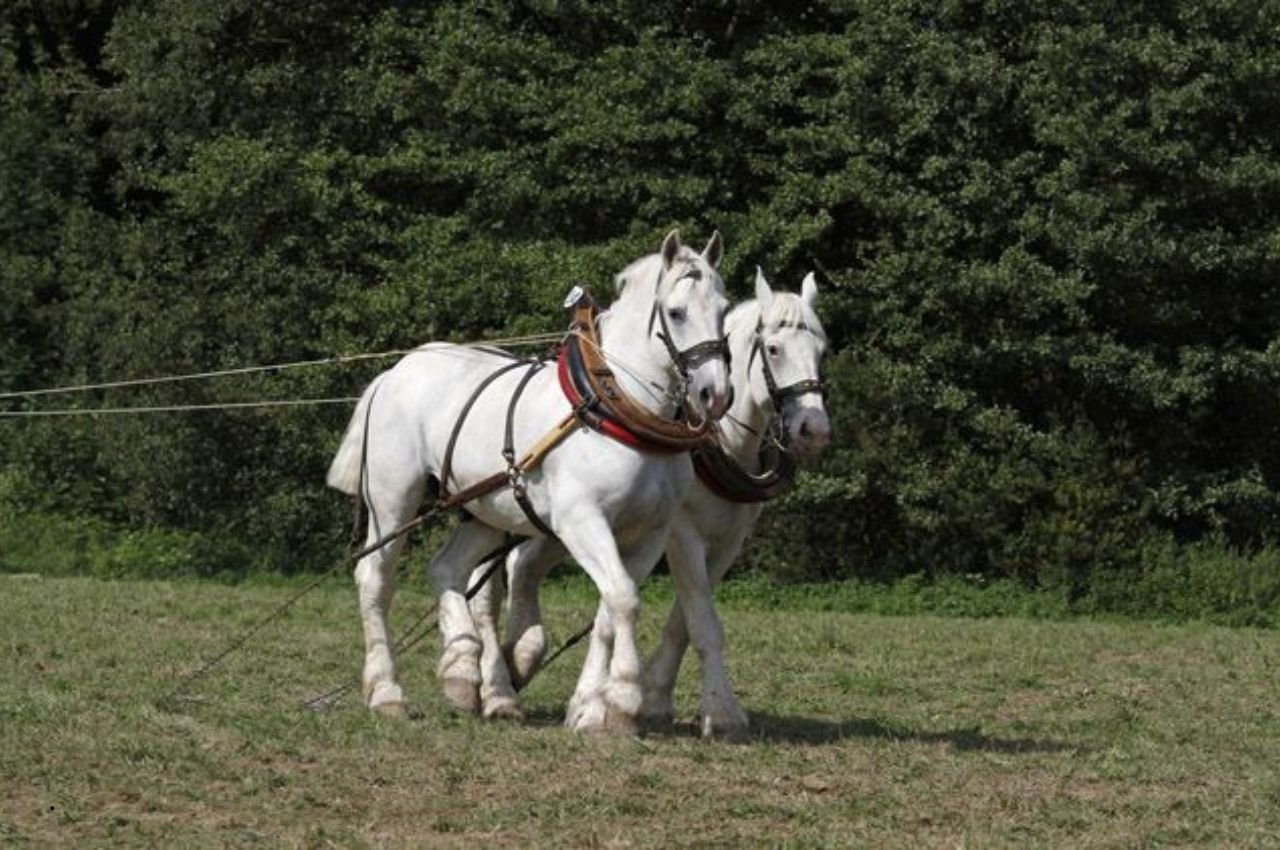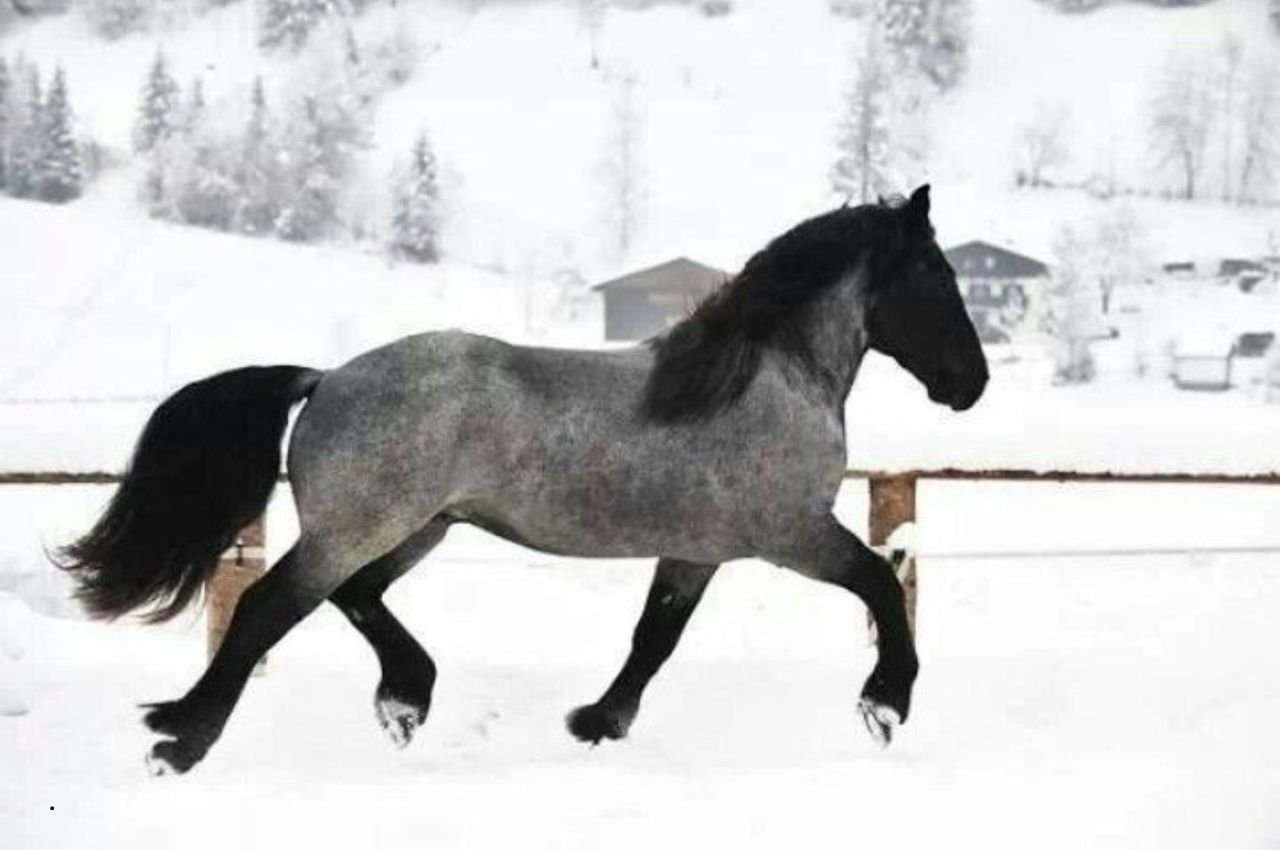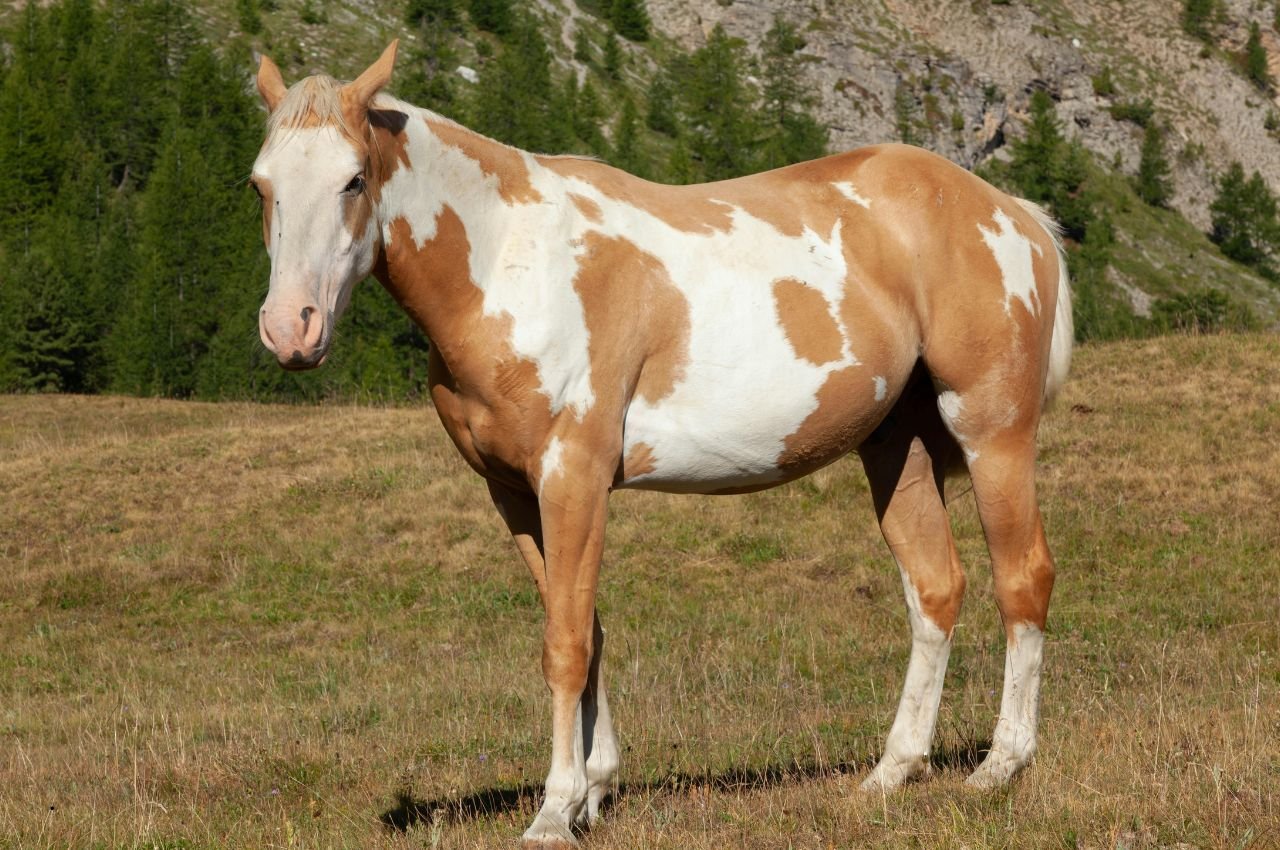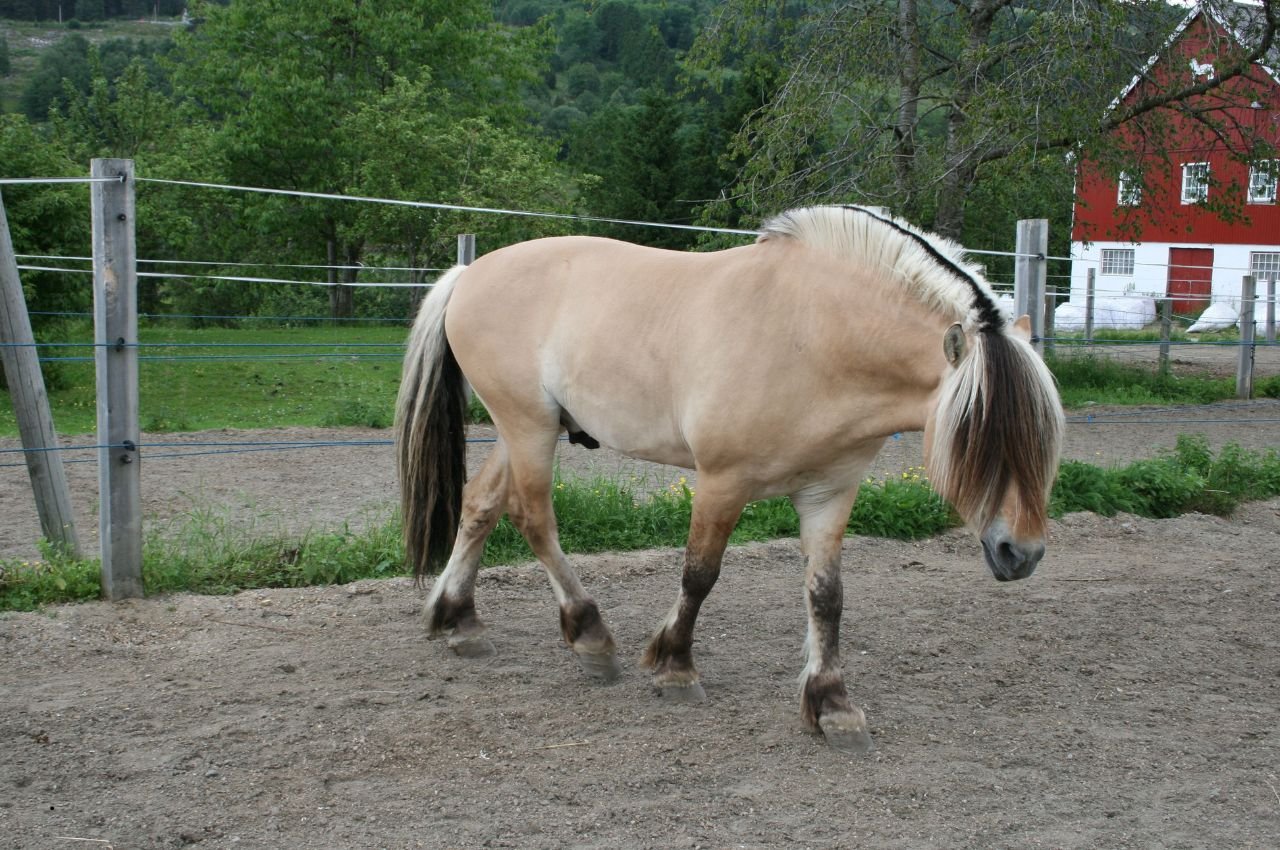When the temperature rises, it’s not just the weather that changes. The nutritional needs of your Arabian horse also shift, particularly when the heat becomes intense. Arabian horses are known for their endurance and stamina, but when exposed to high temperatures, their body undergoes several changes that can impact their health and performance. As a responsible horse owner, it’s essential to optimize your horse’s nutrition during the warmer months to ensure they stay healthy, hydrated, and energized.
In this blog, we’ll explore six essential tips for optimizing nutrition for your Arabian horse in the heat, helping them perform at their best even in hot weather.
Table of Contents
1. Increase Hydration
One of the most critical aspects of nutrition in hot weather is hydration. Horses sweat to regulate body temperature, and in doing so, they lose water and electrolytes. If these aren’t replaced, dehydration can set in quickly, leading to fatigue, muscle cramps, and even heatstroke.
How to Increase Hydration:
- Provide fresh, clean water at all times: Ensure your Arabian horse always has access to cool, clean water. Horses can drink up to 10-12 gallons a day during hot weather.
- Electrolyte supplementation: Consider adding electrolytes to your horse’s water or feed to replace lost sodium, potassium, and chloride. This helps maintain electrolyte balance and supports muscle function.
- Offer water frequently: Especially if you’re training or working your horse, offer water every 30 minutes to an hour during exercise or after activities.
2. Modify Their Diet to Prevent Overheating
In extreme heat, your Arabian horse’s metabolism can slow down, and their digestive system may become more sensitive. High-energy feeds or grains can increase body heat, so modifying their diet is essential for preventing overheating.
How to Modify Their Diet:
- Switch to fiber-rich feeds: Replace high-starch grains with high-fiber forage such as grass hay or haylage. Fiber is easier to digest and doesn’t generate as much internal heat.
- Reduce grain intake: If your horse’s workload is lighter in the heat, reduce the amount of grains or concentrates. Overfeeding grain can exacerbate overheating.
- Choose cooling feeds: There are feeds formulated with added ingredients like flaxseed, which can have a calming and cooling effect on your horse’s system.
3. Increase Forage Intake
Forage should always be a primary component of your horse’s diet, but it’s especially important during hot weather. Fresh, quality hay is cooling and provides essential nutrients without adding extra heat to the horse’s system.
How to Increase Forage Intake:
- Feed more hay: Offer free-choice hay or haylage if your horse is stabled, as this will help with hydration and keep their digestive system moving.
- Provide access to pasture: If your horse is on pasture, ensure they have access to fresh grass during the cooler parts of the day, such as early morning or evening.
- Monitor hay quality: Be sure that the hay you provide is fresh and free of mold, as moldy hay can irritate the respiratory system, especially in the heat.
4. Support Digestive Health with Probiotics
Heat stress can put additional strain on a horse’s digestive system, potentially leading to imbalances in gut flora. Probiotics help maintain a healthy gut environment by introducing beneficial bacteria, which can support digestion and overall health.
How to Support Digestive Health:
- Add a probiotic supplement: Consider supplementing your horse’s diet with a high-quality probiotic to support digestive health and boost immunity.
- Incorporate prebiotics: In addition to probiotics, prebiotics such as fermented feeds or yeast-based supplements can help regulate the digestive system.
- Monitor for digestive upset: Be vigilant for signs of colic, diarrhea, or loss of appetite, which may indicate digestive issues due to heat stress.
5. Increase Electrolyte Intake
Electrolytes are critical for maintaining hydration and muscle function, particularly in hot weather when horses sweat excessively. Lack of electrolytes can lead to muscle cramps, fatigue, and poor performance.
How to Increase Electrolyte Intake:
- Supplement electrolytes daily: Use an electrolyte supplement in your horse’s water or mix it into their feed. Look for formulas that include sodium, potassium, calcium, and magnesium.
- Use electrolyte pastes: If your horse is undergoing strenuous activity or is dehydrated, consider using an electrolyte paste after exercise to quickly replenish lost electrolytes.
- Monitor electrolyte balance: Keep an eye on your horse’s condition for signs of dehydration, such as dry gums, sunken eyes, or reduced sweating.
6. Adjust Feeding Times to Avoid the Heat of the Day
Feeding during the hottest part of the day can cause discomfort and exacerbate heat stress. To optimize nutrition and minimize the risk of overheating, adjust your horse’s feeding schedule.
How to Adjust Feeding Times:
- Feed early in the morning or late in the evening: Offer your horse’s main meals during the cooler hours, such as early morning or late evening. This will help prevent their digestive system from generating additional heat during peak daytime temperatures.
- Avoid heavy meals in the afternoon: If possible, avoid feeding large amounts of grain or concentrated feeds during the heat of the day, as this can increase body temperature.
- Provide smaller, more frequent meals: Instead of one large meal, consider feeding smaller amounts throughout the day to reduce digestive stress and prevent overheating.
FAQs
What is the best way to keep my Arabian horse hydrated in hot weather?
Ensure your horse always has access to clean, cool water and provide electrolytes to replace those lost through sweat. Offering water frequently, especially after exercise, is essential for maintaining hydration.
Can I feed my Arabian horse grain during hot weather?
While grain can be part of your horse’s diet, it’s best to reduce grain intake during hot weather, as it can increase body heat. Focus on high-fiber, low-starch feeds and increase forage.
Should I change my horse’s diet if they’re in moderate heat, or only during extreme heat?
It’s important to adjust your horse’s diet whenever temperatures rise significantly, as even moderate heat can impact their hydration, digestion, and overall well-being.
How can I tell if my Arabian horse is suffering from heat stress?
Look for signs like excessive sweating, rapid breathing, lethargy, dry gums, and loss of appetite. If you suspect heat stress, immediately move your horse to a cooler environment and provide water with electrolytes.
Is it necessary to feed my horse more hay during hot weather?
Yes, hay is an important part of your horse’s diet, particularly in hot weather. It helps keep their digestive system functioning smoothly and provides cooling nutrients without generating excess heat.
Optimizing nutrition for your Arabian horse during hot weather is essential for maintaining their health, hydration, and performance. By focusing on proper hydration, adjusting their diet to prevent overheating, and incorporating essential supplements like electrolytes and probiotics, you can ensure your horse stays healthy, comfortable, and at peak performance throughout the heat. With the right care and attention, your Arabian can enjoy the summer months without the risk of heat stress or dehydration.

